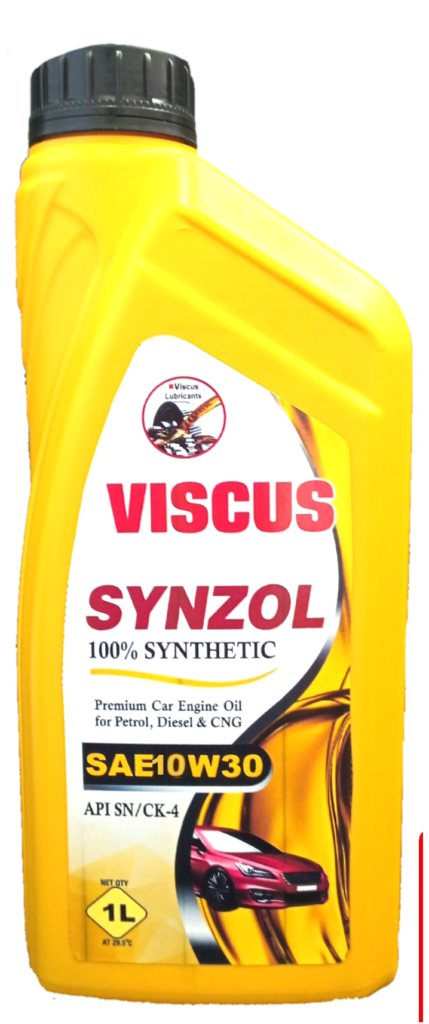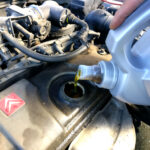WD-40 as Engine Oil
Can WD-40 be Used as Engine Oil?
WD-40 is a well-known multipurpose lubricant that may be discovered in lots of households. Whereas it has a wide range of makes use of, you will need to notice that utilizing WD-40 as an engine oil substitute shouldn’t be really useful.
Why it’s best to NOT use WD-40 as Engine Oil:
-
- Viscosity: Engine oil is specifically formulated to offer lubrication in high-temperature environments. WD-40, however, has a decrease viscosity and isn’t designed to face up to the intense warmth generated in an engine. Utilizing WD-40 can result in insufficient lubrication, elevated put on and tear, and potential engine injury.
-
- Components: Engine oils are formulated with particular components to make sure correct safety and efficiency. WD-40 doesn’t include these components vital for engine lubrication.
-
- Compatibility: Engine oils are engineered to work with the inside elements of an engine. WD-40 doesn’t have the similar compatibility with engine elements, probably inflicting hurt to seals, gaskets, or different essential engine elements.
What to Use As a substitute:
Utilizing the really useful engine oil specified by the producer of your car or equipment is essential. Engine oils are designed to satisfy particular necessities and supply optimum efficiency. Often altering your engine oil as per the producer’s tips will assist preserve the longevity of your engine.
Keep in mind, whereas WD-40 is a wonderful general-purpose lubricant, it shouldn’t be used as an alternative choice to engine oil. At all times observe the suggestions of your car or equipment producer to make sure optimum efficiency and longevity of your engine.
For any queries or issues relating to engine oil or upkeep of your car, please seek the advice of an expert mechanic or discuss with your car’s consumer handbook.
What long-term results can utilizing WD-40 as engine oil have on an engine’s efficiency and sturdiness
Utilizing WD-40 as engine oil for an prolonged interval can have a number of adverse long-term results on an engine’s efficiency and sturdiness:
1. Lubrication points: WD-40 shouldn’t be designed to perform as engine oil and lacks the vital lubricating properties. It may well result in elevated friction between engine elements, leading to put on and tear, elevated warmth, and potential engine injury.
2. Poor put on safety: Engine oils are formulated to offer correct put on safety by making a barrier between transferring elements. WD-40, however, could not present adequate put on safety, resulting in accelerated element put on and decreased engine life.
3. Engine overheating: WD-40 has a low boiling level in comparison with customary engine oils. This attribute could cause it to evaporate rapidly beneath excessive temperatures, resulting in insufficient lubrication and elevated friction, which might lead to overheating and potential engine failure.
4. Corrosion and rust: Not like engine oils, WD-40 doesn’t have corrosion inhibitors to stop rust and corrosion of engine elements. This could result in the accumulation of rust, decreased engine efficiency, and finally, engine injury.
5. Decreased gas effectivity: As a result of WD-40 is not formulated as engine oil, it might not have the required components to enhance gas effectivity. Consequently, utilizing it as engine oil can result in elevated friction, greater gas consumption, and decreased general effectivity.
In the end, utilizing WD-40 as engine oil shouldn’t be really useful and might lead to vital adverse impacts on an engine’s efficiency and sturdiness. It’s best to make use of the suitable engine oil really useful by the producer for optimum engine efficiency and longevity.

Purchase now…..https://viscus.in/buy-engine-oil-online/









